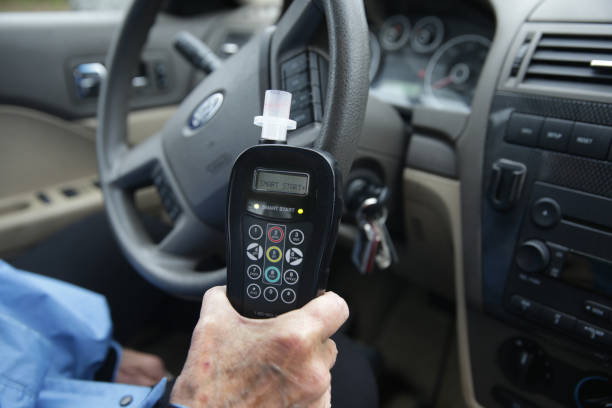Driving under the influence (DUI) is a serious offense that poses significant risks to both the driver and the community at large. To address these risks, states across the United States are continually updating and revising their DUI laws. In Wisconsin, recent changes to DUI laws have brought about some important modifications that every resident should be aware of. In this blog post, we’ll take a closer look at these changes and their implications.
1. Lower BAC Threshold for Commercial Drivers
One significant change in Wisconsin’s DUI laws is the lowered blood alcohol concentration (BAC) threshold for commercial drivers. Previously, commercial drivers were subject to the same BAC limit as non-commercial drivers, which is 0.08%. However, as of the recent update, commercial drivers in Wisconsin are now held to a stricter standard. They can be charged with DUI if their BAC level is 0.04% or higher.
This change is in line with the federal regulations imposed by the Federal Motor Carrier Safety Administration (FMCSA) for commercial drivers. It’s important for anyone who holds a commercial driver’s license (CDL) in Wisconsin to be aware of this stricter standard and to exercise caution when consuming alcohol before operating a commercial vehicle.

2. Mandatory Ignition Interlock Devices (IID) for Certain Offenders
Another significant change involves the mandatory installation of ignition interlock devices (IIDs) for certain DUI offenders. An IID is a breathalyzer-like device that prevents a vehicle from starting if the driver’s BAC is above a predetermined limit. While IIDs were already in use in Wisconsin for repeat DUI offenders and those with high BAC levels, recent changes have expanded their usage.
Now, even first-time DUI offenders with a BAC of 0.15% or higher will be required to install an IID in their vehicles. This change aims to enhance road safety by reducing the risk of repeat offenses among individuals with high BAC levels.

3. Stricter Penalties for Refusing Chemical Testing
Refusing to submit to a chemical test, such as a breathalyzer or blood test, when suspected of DUI can lead to serious consequences. Wisconsin has toughened the penalties for those who refuse chemical testing.
For first-time offenders who refuse testing, their driver’s license can be suspended for a longer period of time than before, and they may face mandatory IID installation. Additionally, repeat offenders who refuse testing will face more severe consequences, including higher fines and longer license suspensions.
4. Enhanced Penalties for DUI with Minor Passengers
Wisconsin has also strengthened penalties for individuals caught driving under the influence with minor passengers in the vehicle. DUI offenses committed with a minor under the age of 16 in the car will now result in enhanced penalties. These penalties may include longer jail sentences and higher fines to deter individuals from endangering the lives of young passengers. Regardless of if the incident is your first DUI, you will be automatically charged with a crime if there is a minor in the car.
Conclusion
Wisconsin’s recent changes in DUI laws reflect the state’s commitment to road safety and reducing the risks associated with driving under the influence. It is essential for all residents of Wisconsin to be aware of these changes and to exercise responsible drinking habits and safe driving practices. Ignorance of the law is not a valid defense, and DUI convictions can have long-lasting consequences, including fines, license suspensions, and even imprisonment.
If you or someone you know is facing DUI charges in Wisconsin, it is crucial to seek legal counsel immediately. A qualified attorney can provide guidance on the latest DUI laws, help navigate the legal process, and work to achieve the best possible outcome for your case. Remember, the best way to avoid the legal and personal consequences of DUI is to never drink and drive. Always have a designated driver or use alternative transportation options when you’ve been drinking.




